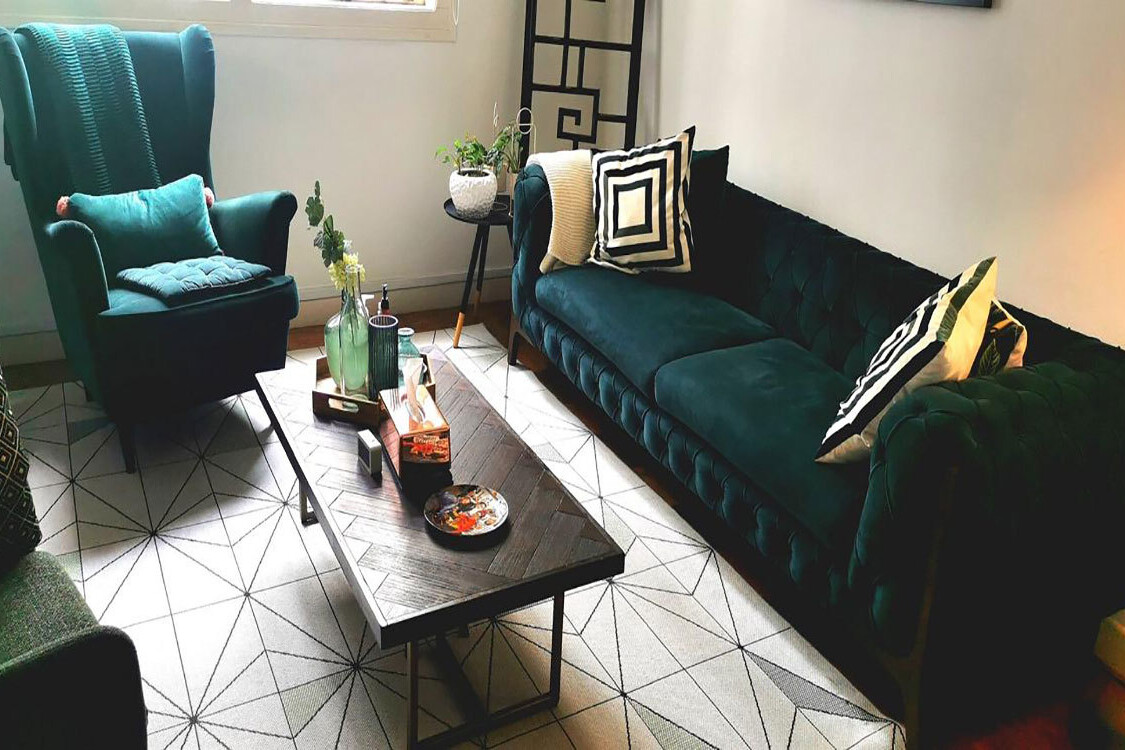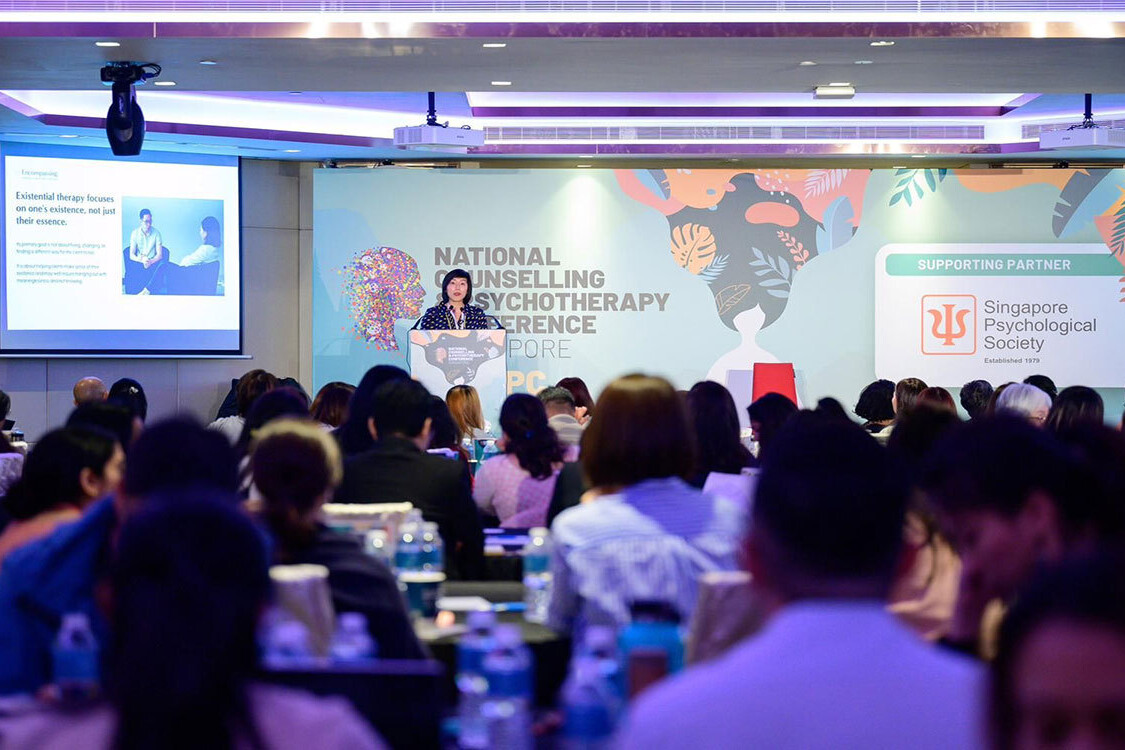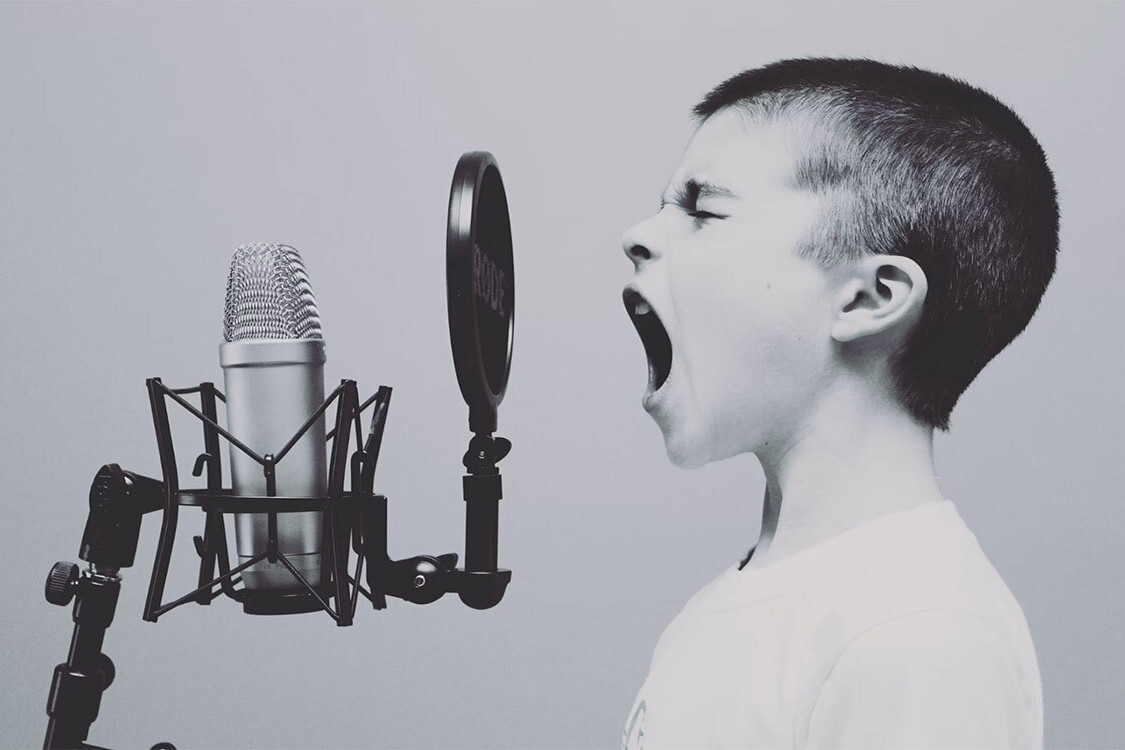My first experience of being in a Process Group was back in my university days. Sitting in a circle with my classmates, I wondered: What do we do here? Nobody says anything. The atmosphere has changed. I sense anxiety in the air. The facilitator does not say much too. We look at each other, probably everyone has the same questions in their minds: Who is going to speak first?
Fast forward 8 years, the anxiety that I first felt continues to be experienced by each new group I join as a participant or as a facilitator. However, this anxiety is no longer an awkward one for me. Rather, it is one that carries with it the potential of sparking meaningful conversations amongst strangers and friends. Today, Process Groups are my favourite form of group work.
So what exactly is a Process Group?
Process Groups are typically made up of 6-12 participants coming from different walks of life. Participants meet in a safe and confidential space for 90 minutes. In this space, facilitated by a professional, participants are free to talk about anything they want.
One may ask then, how is it different from meeting up with our friends outside? This is where magic begins. The facilitator’s role is not to guide the conversation but he/she is there to bring the participants more into the here-and-now (e.g. our reactions to what fellow group members and the facilitator have said or done; our responses to the silence in a group; or even noticing how certain members in the group remind us of someone else we know in our lives).
Very often, we experience these reactions within ourselves in our day-to-day life but we may not reflect them back to those we are spending time with. There could be reasons such as not wanting to ruin the harmony in a group or we are simply too embarrassed to bring it up for fear that others may judge us. Instead, we find our conversations focusing on the there-and-then: the weather, what happened last week, what is happening in the lives of the people we know, etc.
The power of a Process Group lies in its gentle encouragement in coming back into the here-and-now as we allow our inner thoughts and feelings to be seen without judgement by others. As we process with others our annoyance, joy, pain, anger and other emotions that arise in the present moment in the session and learn how to communicate that to others, we are already re-learning to be with others in a new way. This way of learning in practice is a powerful way to maximise psychological change and interpersonal growth and development within and between individuals.
How is a Process Group different from other therapy groups?
Some of us may have experienced being in a group work in professional settings (occupational therapy, social work, psychology, psychotherapy or psychiatry, etc). There are three main therapy groups that we are more familiar with: the psychoeducational group, support group and Process Group.
Psychoeducational group: Sessions are run by an expert who covers a syllabus structured around a theme (e.g. anxiety) or designed to train a skill (e.g. mindfulness).
Support group: A group of people with similar challenges (e.g. addictions, trauma or mood disorders etc) come together to support and learn coping skills from each other.
A Process Group is different whereby it does not impart any skills or coping strategies on the facilitator’s end. Participants who attend comprise of diverse backgrounds instead of people who are facing similar issues. The sessions are mainly unstructured and the participants are given the freedom to decide which direction is best for the group to head towards. And the facilitator is only there to guide the group to use their interpersonal processes. In the process, this gives the participants the opportunity to find deep connections within themselves and the group, discover their ability to heal, gain personal insight into their feelings, and explore a sense of belonging.
What can one gain from a Process Group?
A Process Group is powerful in many ways:
- Having the chance to re-enter and rediscover ways of being and belonging in a relationship (like bonding with group members).
- Knowing we are not alone.The experiences of a diverse group give us a variety of views and ways of living that we can resonate and connect to.
- Learning to speak to each other from our hearts.
Who can benefit from Process Groups?
Anyone! We do not need to be experiencing any major life issues to attend a Process Group. Process Groups are best suited for any of us who hope to form deeper and more intimate relationships with others.
How long is a Process Group?
Each session is typically 90 minutes long. Some Process Groups are time-limited (e.g. 10-12 sessions) while others are open-ended. This depends on how the facilitator decides to structure the group. Each type has its own value and it is best to discuss what is best for you with your facilitator.
What happens in each session?
Imagine an orchestra. The conductor merely unifies all the different instruments but he/she does not play the music. The musicians do. What is most beautiful is that different instruments come together to play a piece of music that no single instrument can.
This is what happens in a Process Group. We sit in a circle. The facilitator keeps the group safe. He/she notices the different dynamics and may provide an intervention occasionally if it is useful. However, the change comes from the group where the participants’ interactions produce the most change.
There are no set discussion topics. Participants are encouraged to be as honest and respond as freely their thoughts, feelings, experiences, connections, associations and senses. Sometimes, there is silence in the room and that is ok. Other times, the room is filled with laughter, anxiety and cries. That is ok too.
What is more important is that we try as much as possible to be present in the moment and allow ourselves to be known to others and vice versa. Occasionally, we may have to take risks to let ourselves be heard. At other times, we prefer to take some time to warm up and find our place in the group before we start talking. It is in this space that we learn to respect our and others’ process without shame and judgement.
How do I join one?
Typically, before we start our Process Group journey, the facilitator will meet with you for an assessment. The purpose of this meeting is to discuss your aims, understand your situation, and to establish if the available groups are likely to meet your needs. If not, an alternative suggestion or referral is usually provided.
Taster sessions
At Encompassing Therapy and Counselling, we know that some of you are interested in the idea of a Process Group but may not be ready or know if this is what you need. We have designed a series of taster sessions for both individuals and couples to attend.
Preview sessions dates for 2023 are out. Check them out on the events page!
About the Author
Hi, I'm Mag: a UKCP-accredited counselling psychologist and founder of Singapore’s first ever existential practice. My care philosophy is not to diagnose, label, or categorise but rather to work with the individual in front of me in the here and now.
My clinical credentials certainly play a significant role in defining my professional identity. But to foster a deeper connection and authenticity, I invite you to discover my other “Selves”, the various facets of who I am.
Recent Articles About Existential Therapy




